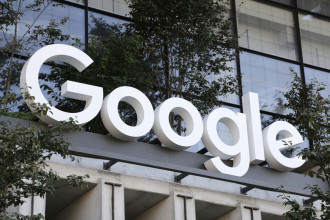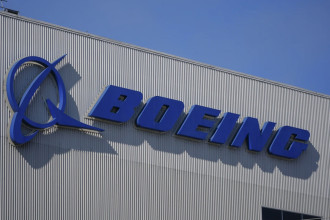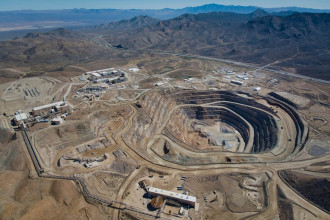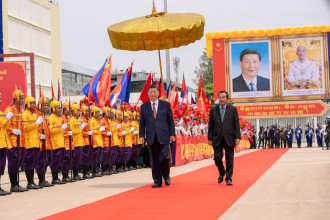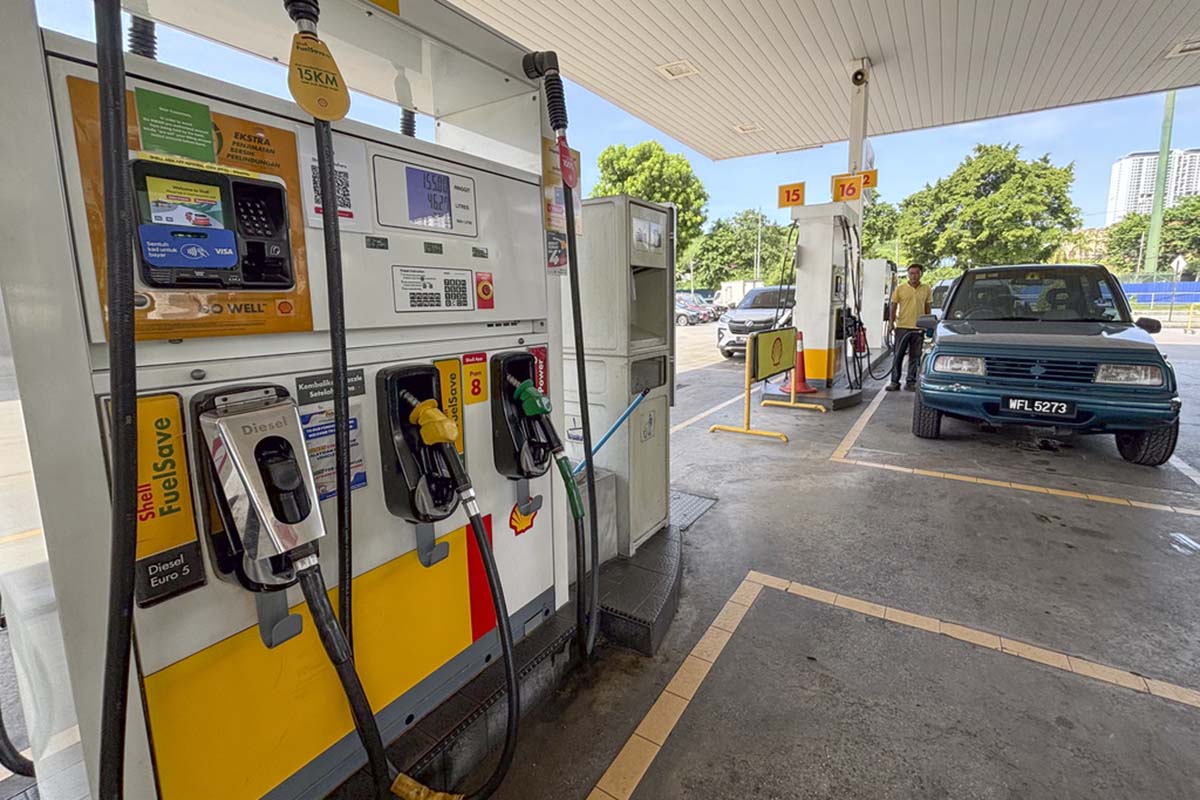
KUALA LUMPUR: Diesel price in Malaysia surged by over 50% on Monday as part of an overhaul of decades-old fuel subsidies aimed at tightening government spending and saving billions of ringgits annually.
The restructuring eradicates blanket energy subsidies and redirects them towards those in need. These are part of economic reforms pledged by Prime Minister Anwar Ibrahim, whose government asserts they are necessary to build a more sustainable economy and curb losses from smuggling cheap oil to neighbouring countries.
The plan is audacious but risky for Anwar, who assumed power in 2022, as it could upset working-class voters grappling with a rising cost of living. He announced the unpopular decision to slash fuel subsidies last month to allow time for lower-income groups to prepare for the transition.
"All prime ministers before this had agreed on the targeted subsidy, but there was no political will to implement it due to the risks involved. However, to save the country, we have no choice," Anwar, who also serves as Finance Minister, was quoted as saying on Monday by the national Bernama news agency.
The government eventually plans to follow suit with petrol subsidies. Essentials including fuel, cooking oil, and rice are heavily subsidised in Malaysia, which have strained national finances for years.
Second Finance Minister Amir Hamzah Azizan announced on Sunday that the diesel price will rise to 3.35 ringgit ($0.71) per litre on Monday, up 56% from its previous subsidised price of 2.15 ringgit ($0.46). He stated that the price will be reviewed on a weekly basis to align with market prices.
The price increase will not apply to Malaysian states on the island of Borneo and eligible logistic vehicles, he said. Lower prices previously set for fishermen and a broad fleet of land public transport vehicles such as school buses, taxis, and ambulances will also remain unchanged.
Monthly cash aid will also be provided to eligible individuals with diesel vehicles, including farmers and commodity smallholders, the government said. Officials stated that the hike should not lead to drastic price inflation as subsidies are still given to targeted groups.
Despite the hike, Amir stated that Malaysia's diesel price remains the second-lowest in Southeast Asia, after Brunei. Diesel costs 8.79 ringgit ($1.86) per litre in neighbouring Singapore and more than 4 ringgit ($0.86) in most other regional countries. It is heavily subsidised at 1.09 ringgit ($0.23) in oil-rich Brunei.
Amir stated that the targeted subsidies will help reduce the fiscal deficit, with the government expected to save at least four billion ringgit ($850 million) annually. Malaysia's diesel subsidy bill surged from 1.4 billion ringgit ($300 million) in 2019 to 14.3 billion ringgit ($3 billion) last year.
"Malaysia cannot afford to continue losing billions of ringgit due to widespread smuggling of diesel. The money is better spent on improving the people's quality of life and developing the country," Amir said.
By RSS/AP



